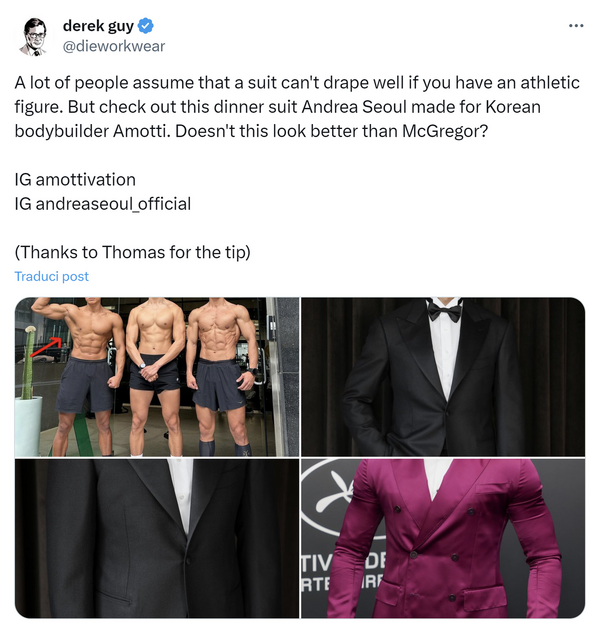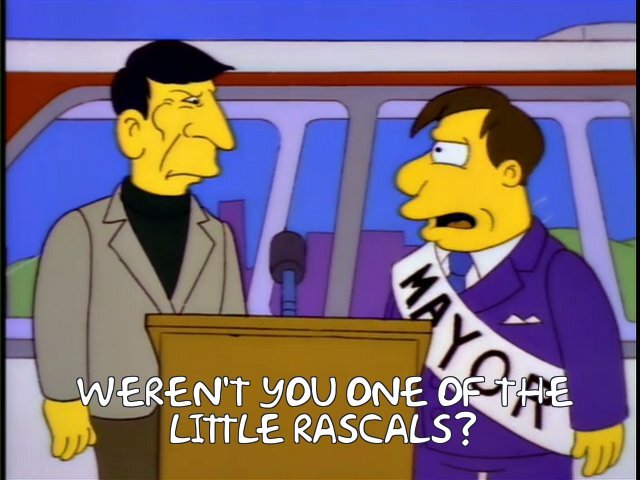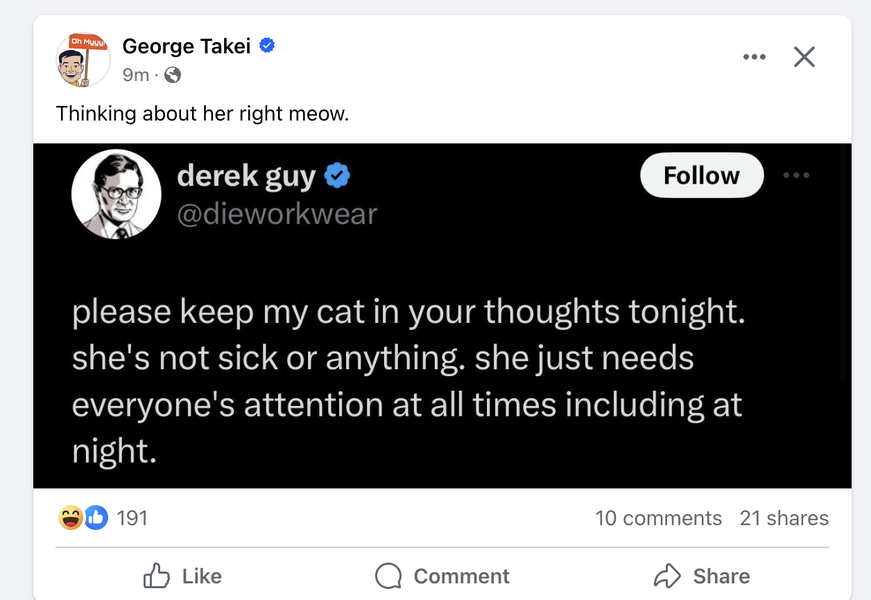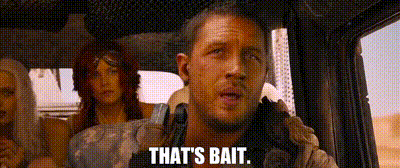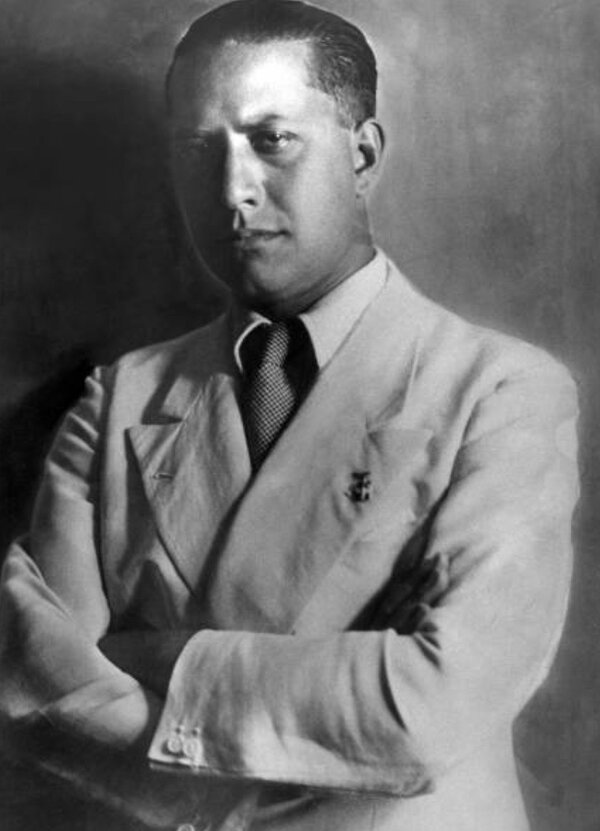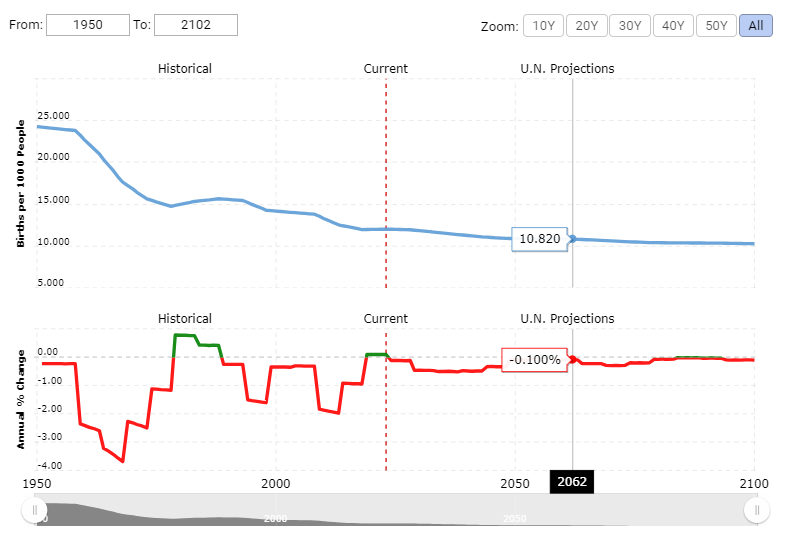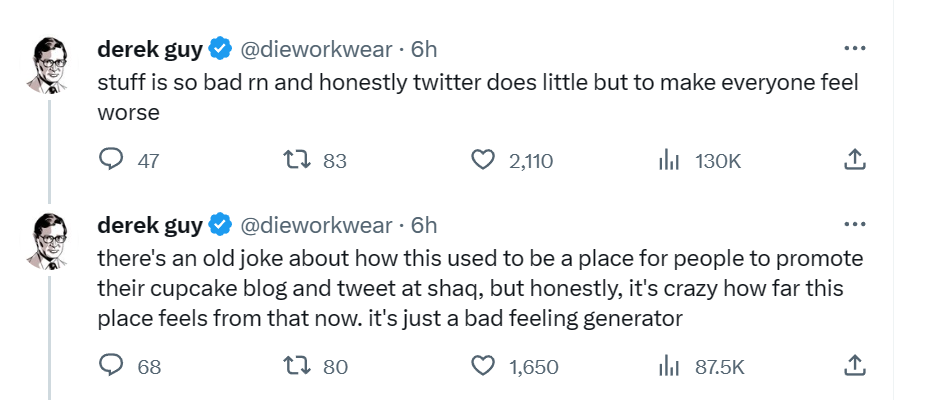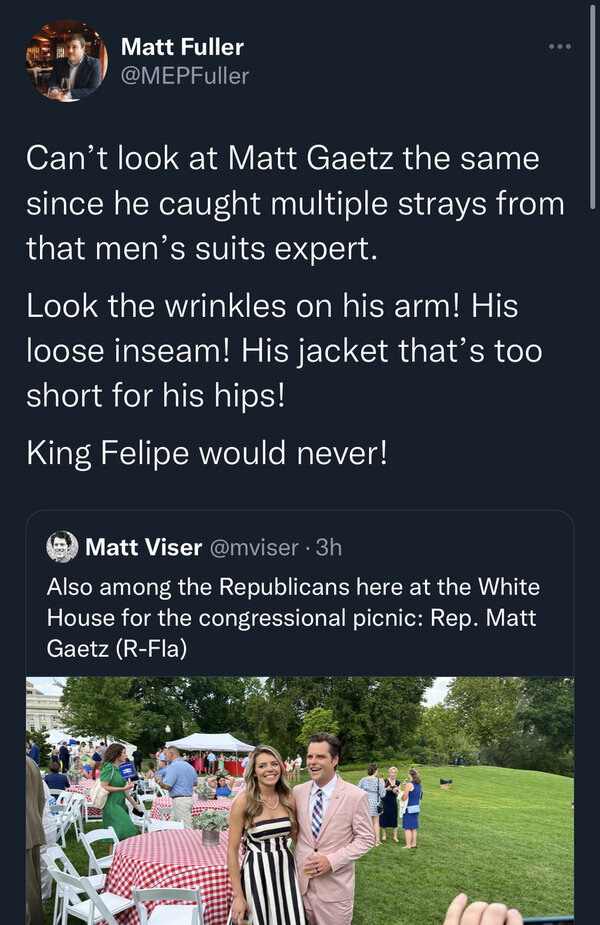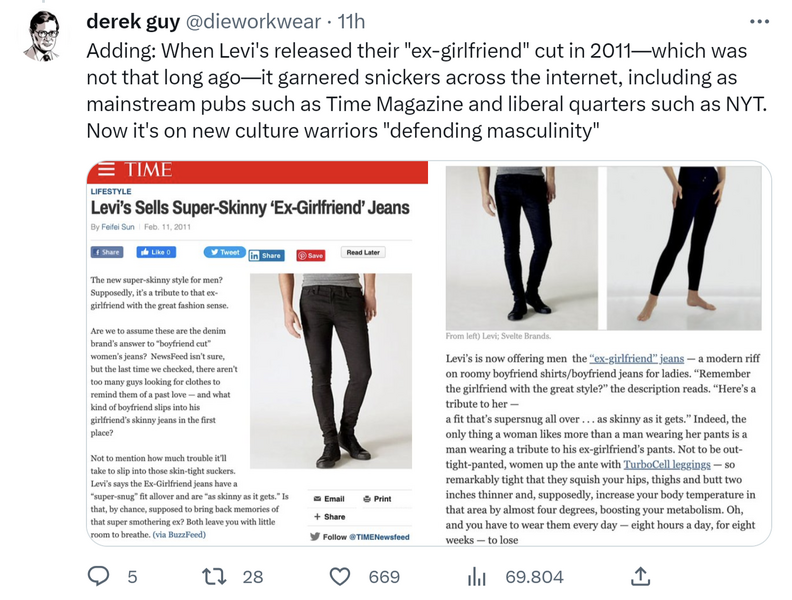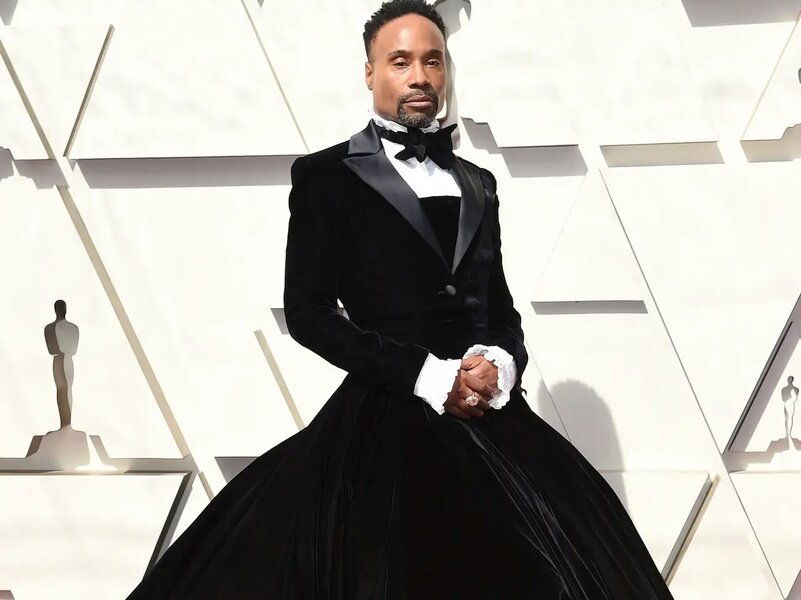- Joined
- Apr 10, 2011
- Messages
- 27,320
- Reaction score
- 69,987
but also black dandies, have claimed space to use classic menswear as a mode for complex expression--of autonomy, belonging, expression, differentiation, and perhaps of oppression, all bound up together.
Have you read Monica Miller's Slaves to Fashion: Black Dandyism and the Styling of the Black Diasporic Identity? She touches on some of these issues (was struck by your example of black dandies, as I've been reading her book and that example is very particular). Her book lays out a case for how black dandies have used clothes for both liberation and conformity at the same time.
One of the examples that struck me is the Pinkster and Negro Election Day parades, where slaves would dress to the nines in clothes that were traditionally reserved for their so-called social and racial betters. This performative and social ***********ing was a way for slaves to challenge the idea of who could be a gentleman.
I'm only halfway through the book, but this "social ***********ing" seems to have been all sorts of things -- a way to mock and co-opt certain class signals, a way to rebel and conform, a way to signal both group and individual identity, etc.







